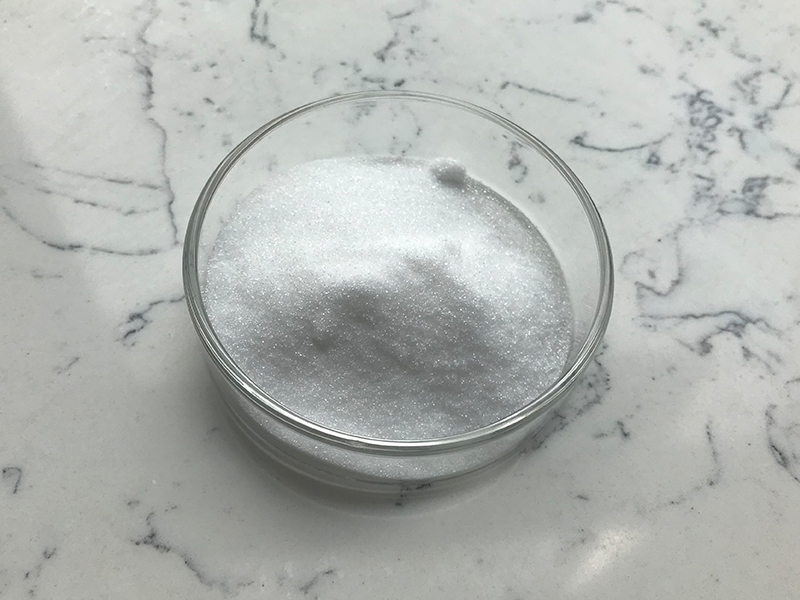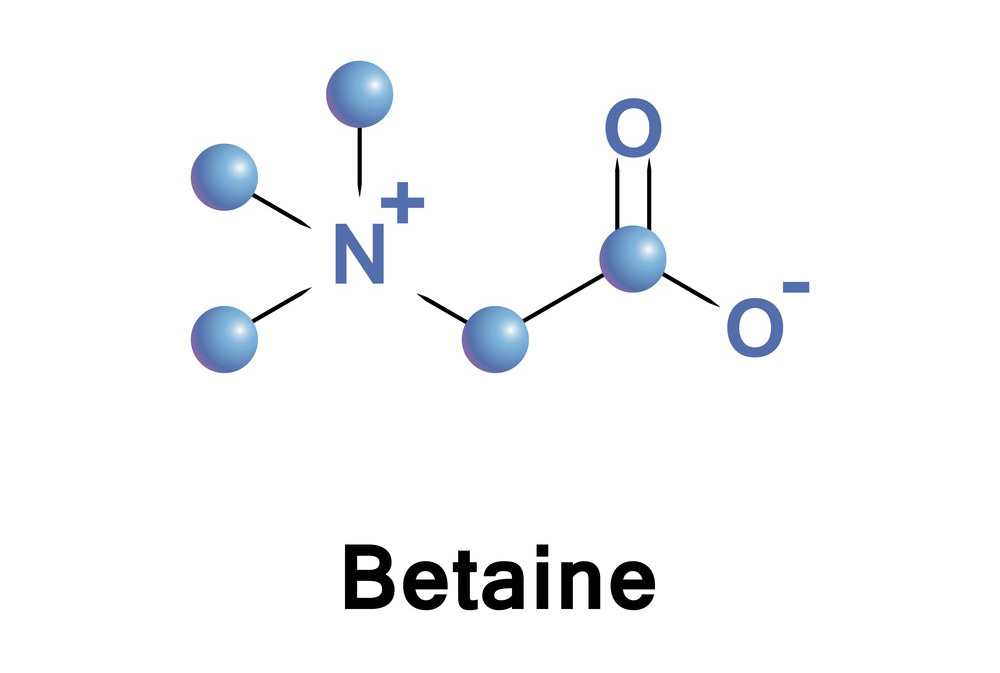Betaine is a naturally occurring compound found in various foods and is also synthesized by the body. It is widely used in different industries, including medicine, food, and agriculture, due to its various biological and chemical properties. Here are some primary use cases of betaine:
1. Health and Medical Uses:
- Heart Health: Betaine plays a role in lowering homocysteine levels in the blood. Elevated homocysteine is linked to heart disease, so betaine supplements are sometimes used to reduce this risk.
- Liver Function: It is used to treat certain liver disorders like non-alcoholic fatty liver disease (NAFLD) because it supports lipid metabolism and helps reduce liver fat.
- Digestive Health: Betaine hydrochloride (Betaine HCl) is often used to increase stomach acid levels, especially in people with low stomach acidity (hypochlorhydria), helping improve digestion.
- Muscle Function and Athletic Performance: Betaine is popular as a dietary supplement to enhance physical performance, particularly by boosting muscle endurance and strength, and improving recovery from intense physical activities.

2. Cosmetics and Personal Care Products:
- Moisturizer and Skin Protectant: In skin care, betaine is used for its humectant properties, which help retain moisture in the skin. It is often found in lotions, creams, and shampoos for its ability to hydrate skin and hair without leaving a greasy residue.
- Mild Surfactant: Betaine is also included in hair and skin cleansing products (like shampoos and body washes) due to its gentle surfactant properties that help clean without stripping natural oils, making it suitable for sensitive skin and hair.
3. Food and Nutrition:
- Food Additive: Betaine is used as a food additive, particularly as a taste enhancer in certain processed foods. It is naturally present in foods such as beets, spinach, seafood, and whole grains.
- Animal Feed: In agriculture, betaine is included in animal feed (particularly for pigs and poultry) to improve growth performance, enhance nutrient absorption, and promote better feed efficiency. It helps in stress reduction for livestock, particularly in heat stress situations.
4. Agricultural Applications:
- Plant Growth Promoter: Betaine acts as an osmoprotectant, helping plants tolerate stress conditions like drought and salinity. It helps maintain water balance in plant cells, promoting better growth in adverse environmental conditions.

5. Industrial Applications:
- Detergents and Cleaning Products: In industrial applications, betaine is used in formulations for detergents and cleaning products due to its surface-active properties that make cleaning more effective while being gentle on surfaces.
In summary, betaine has a wide range of applications across health, nutrition, skincare, agriculture, and industry due to its beneficial properties such as improving heart and liver health, promoting better hydration in cosmetics, enhancing athletic performance, and supporting plant and animal health in agricultural practices.
